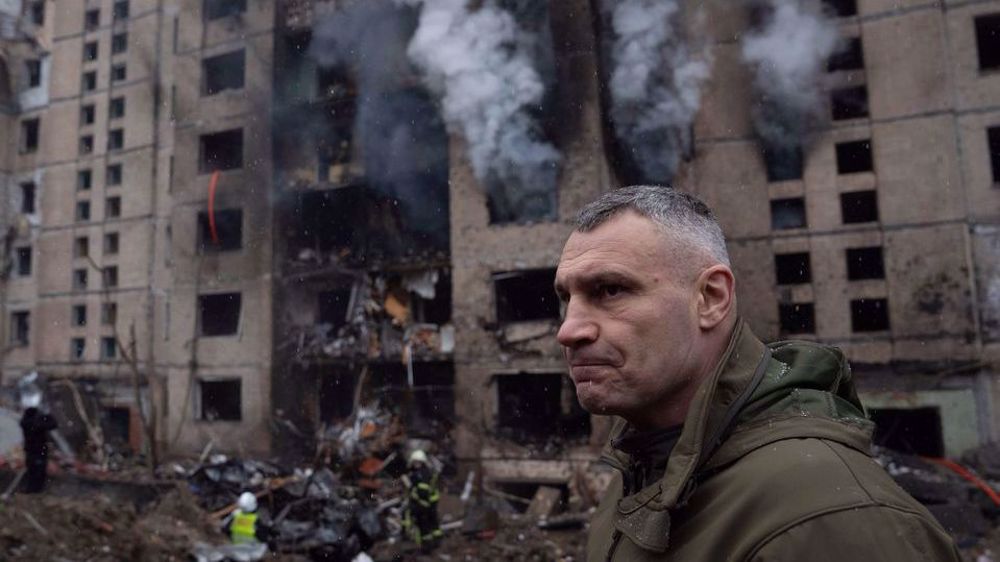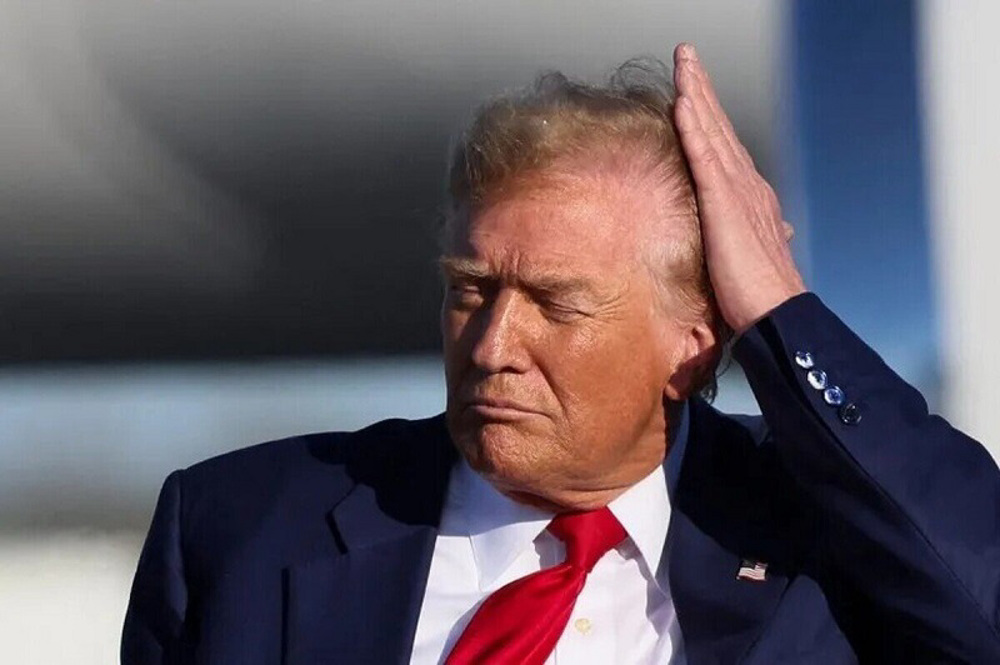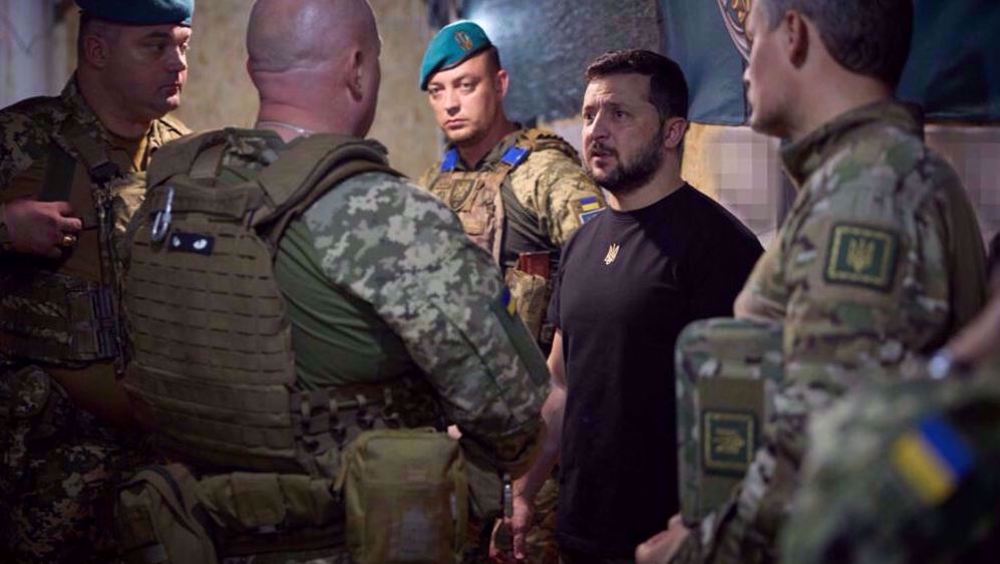Russia long knew about Turkey’s complicity with Daesh: Lavrov
Russian Foreign Minister Sergei Lavrov says Moscow has long known about Turkey’s complicity with the Takfiri Daesh terrorist group, but did not raise the issue publicly.
Despite knowledge about the use of the Turkish territory for the training of Daesh terrorists, Russia was reluctant to talk about the issue openly as it did not want to believe that the support came from the government in Ankara, Lavrov said in an interview with Italian news agencies on Wednesday.
“Frankly, we have known for a long time how Turkish territory is being used for commercial operations with ISIS (Daesh), for the transfer of weapons and terrorists to Syria, as well as to provide extremists and militants with an opportunity to heal and rest, and then get ready for new operations, not only in Syria, but also in other regions, including our North Caucasus,” the Russian foreign minister stated.
Turkey has time and again been accused of being one of the main supporters of the militant groups operating in Syria, with reports saying that Ankara actively trains and arms the Takfiri elements there and facilitates their safe passage into the conflict-ridden Arab country.
Turkey shot down a Sukhoi Su-24M Russian warplane in Syrian airspace on November 24, claiming that the aircraft had violated the Turkish airspace. Moscow rejected Ankara’s claim, saying the aircraft was over Syria, where Moscow has been carrying out airstrikes against terrorist groups since September 30.

Touching on Russia's assessment of the November 24 incident, the foreign minister said, "We see no other explanation other than a desire [ by Turkey] to disrupt counterterrorism efforts and make them less effective, or to prevent the Russian Federation from working in Syrian airspace, or perhaps even to derail the political process beginning to take shape on the basis of the Vienna agreement."
Regarding Turkey’s involvement in the US-led aerial campaign against purported Daesh positions, the Russian foreign minister said Moscow had proposed a thorough examination of Ankara’s role in the mission, asking, "Why is it (Turkey) not bombing terrorists as such, but the Kurds instead?"
Since September 2014, the US along with some of its allies has been conducting air raids against what are said to be the Daesh terrorists inside Syria without any authorization from Damascus or a UN mandate. The air assaults in Syria are an extension of the US-led aerial campaign against purported Daesh positions in Iraq, which started in August 2014. Analysts say the attacks have failed to disband the extremists.
The Turkish military joined the US-led coalition by conducting offensives against the alleged Daesh positions in northern Syria as well as those of the Kurdistan Workers' Party (PKK) in northern Iraq and southeastern Turkey in the wake of the deadly July 20 bombing in the Turkish town of Suruc. Over 30 people died in the Suruc attack, which the Turkish government blamed on Daesh.
Reports say that Turkey’s air raids have mainly been targeting Kurds, whom Ankara has accused of trying to establish a state in the northern part of Syria.
Elsewhere in his remarks, Lavrov stressed that Daesh can be defeated “quickly enough” if the potential of the US-led coalition and that of Russia's air force are united.

Ukraine may have to 'give up land' to Russia to secure peace: Kiev mayor

Trump Ukraine mediation muddle

Ukraine peace talks downgraded in London as Kiev rebuffs Trump’s proposal
Iran pres. stresses collective, effective fight against terrorism in calls with India, Pakistan PMs
Iran declares holiday in Bandar Abbas port as fire still raging
VIDEO | NY protesters demand end to genocide on Global Day for Gaza
VIDEO | Pope Francis funeral mass held in St. Peter's Square
VIDEO | UK education activists focus on decolonization
Iran supports any measure to strengthen peace, tranquility: Pezeshkian
Iran, Russia agree to transfer gas via Azerbaijan: Minister
VIDEO | US joins global protest day to demand Israel lift 8-week siege












 This makes it easy to access the Press TV website
This makes it easy to access the Press TV website